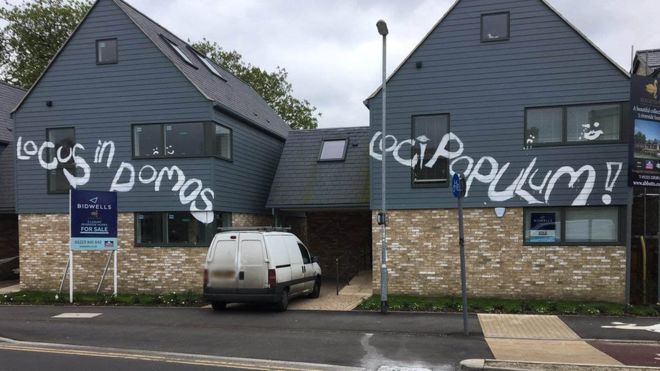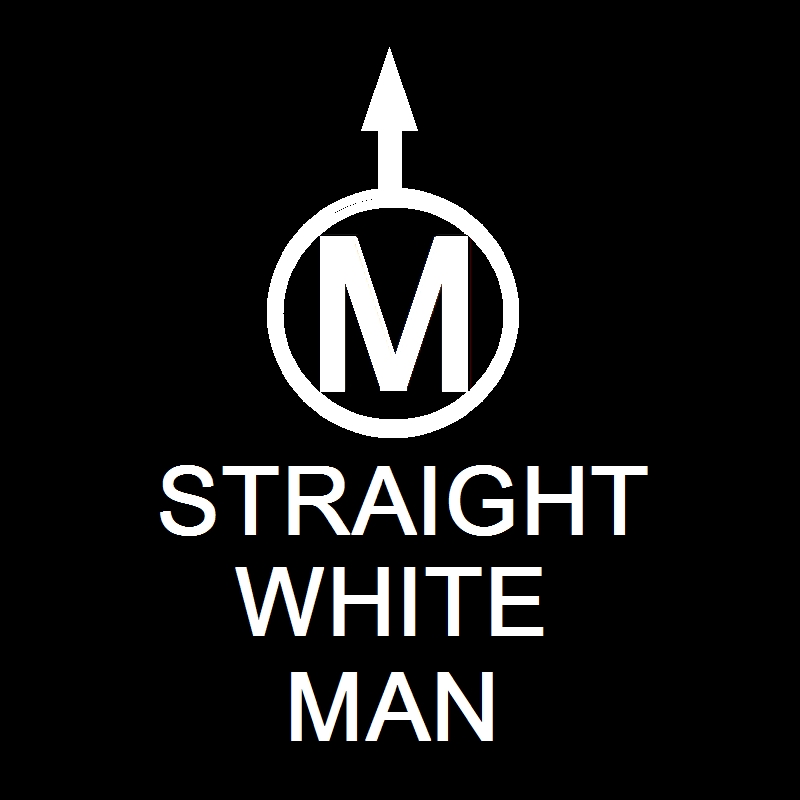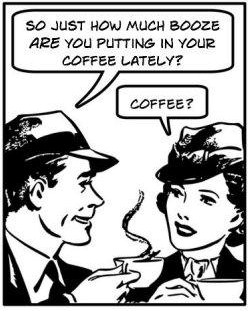…this guy, that is; but it’s not, for two reasons: I have an alibi, and I wouldn’t be seen dead in Bristol.
This video shows a self-confessed ‘grammar vigilante’ who has been secretly correcting bad punctuation on signs and shop fronts in Bristol for the last 13 years.
By day the anonymous crusader is a highly-qualified professional with his secret known only to a handful of close family and friends.
But at night he becomes a shadowy figure who patrols the streets of Bristol, armed with his homemade ‘apostrophiser’ and purpose-built trestle.
Yes, I am a grammar Nazi like this guy. Worse than that, I am a grammar Nazi in several languages, especially in Latin, but more commonly in English.
Here’s an example of a typical Kim-the-grammar-Nazi rant:
Good grief, I hate accountant-speak (e.g. “…to 1.8% from 2.0%”).
In English (in which this report was written), we read from left to right, not to right from left; we go from point A to point B, not to B from A; we go from top to bottom, not to bottom from top; we run the gamut of emotions from A to Z, not to Z from A, and graphs (line and bar) also move from left to right along the x axis, not to right from left. (The basis for this construct is actually from the Latin idiom — “ab… ad…”, e.g. “ab terra ad astra”.)
And yes, if you look at the last sentence above, I put periods and commas outside quotation marks (where it’s not part of conversation), simply because that’s where they belong, and where all other punctuation can be found. Unless the comma or period is actually part of the quote, it should follow the quotation marks.
Observe this sentence:
The men were called “bullies,” “brutes,” “yobs,” and all other kinds of names.
Note how the quotation marks are awkwardly placed next to each other, and how the commas have no relevance to the words in quotes, which makes comprehension just a little more difficult and creates what I call a “cognitive speed-bump”. (See what I just did? The period ends the whole sentence and not the phrase, which is just part of the sentence.)
Now the sentence as it should be written:
The men were called “bullies”, “brutes”, “yobs” and all other kinds of names.
The commas are now in their proper role as separators, and not rootless nonentities drifting inside quotes.
Most American English grammar texts will differ from me and mark what I do as incorrect. I hate to say it, but I’m right and they’re wrong. Other than commas and periods, all other punctuation marks are written outside the quotes because they don’t belong inside; why should periods and commas be treated any differently? And that’s just my position on commas and periods; don’t even get me started on misspelled apostrophes. (“You mean apostrophe’s, Kim?”)
Grrrrr. Another reason I’m not the guy from Bristol is that there are no .45-caliber bullet-holes in those offensive signs. “Apostrophiser”? Bah.





